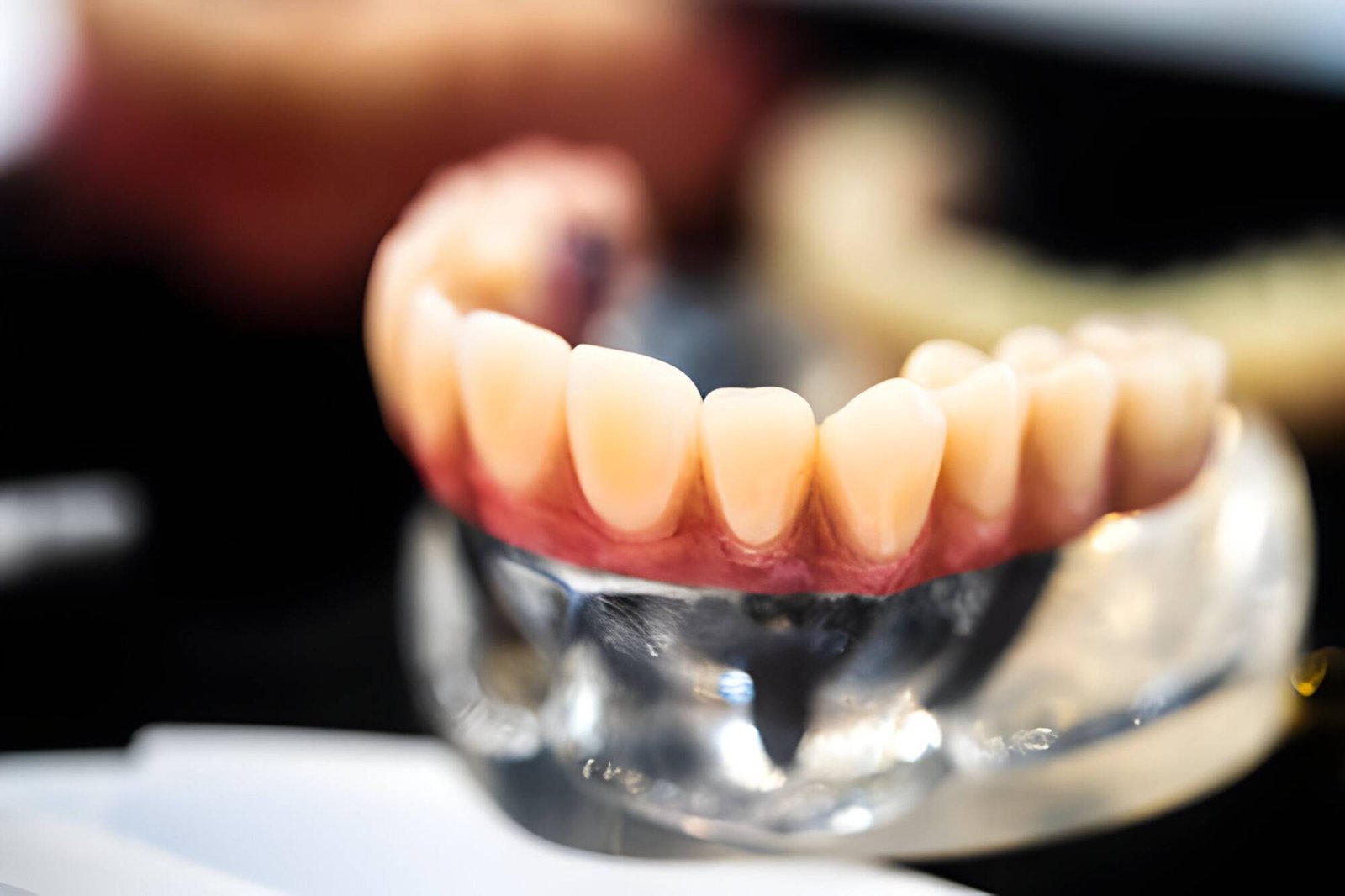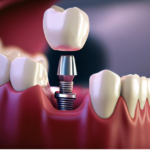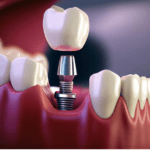Dental implants are a fantastic solution for restoring your smile and confidence. They look and function just like natural teeth. However, many people wonder if it’s possible to lose gums around dental implants. In this article, we will explore this concern in detail. We’ll look at the causes, risks, prevention tips, and treatment options for gum recession around dental implants.
Understanding Gum Health
Gums are essential for a healthy mouth. They support and protect your teeth and tooth implants. Without healthy gums, your dental implants can fail. So, it’s crucial to keep your gums in good shape.
Causes of Gum Recession
Several factors can cause gum recession. Let’s look at some common ones:
Periodontal Disease
Periodontal disease, also known as gum disease, is a major cause of gum recession. This infection is due to oral bacteria. If not treated, it can lead to serious dental problems, including gum loss around dental implants.
Tobacco Use
Smoking or chewing tobacco can harm your gums. It increases the risk of gum disease and can lead to gum recession. Quitting tobacco can improve your overall health and protect your gums.
Teeth Grinding (Bruxism)
Grinding your teeth puts a lot of stress on your teeth and gums. Over time, this can cause your gums to recede. If you grind your teeth, talk to your dentist about solutions.
Poor Oral Hygiene
Brushing and flossing too aggressively can damage your gums. This damage can lead to gum recession. Use gentle brushing techniques and soft-bristled toothbrushes to protect your gums.
Tooth Loss
Losing a tooth can cause bone and gum loss. This happens because there’s no tooth to support the jawbone and gumline. This can affect the stability of nearby dental implants.
Impact on Dental Implants
Dental implants need healthy gums to stay in place. If your gums recede, the implant can become exposed. This can lead to implant failure. Gum recession can also create gaps around the implant, trapping food and causing discomfort.
Risks and Complications
- Exposure of Implant Metal: Receding gums can reveal the metal part of the implant. This can affect the look of your smile.
- Discomfort and Gaps: Gum recession can create spaces between the implant and gums. These gaps can trap food and cause discomfort.
Preventing Gum Recession
Preventing gum recession is better than treating it. Here are some tips to keep your gums healthy around dental implants:
Maintain Proper Oral Hygiene
Brush your teeth gently twice a day. Floss daily to remove food particles. Use an antibacterial mouthwash to kill germs.
Quit Tobacco
Stop smoking or chewing tobacco. This reduces your risk of gum disease and helps keep your gums healthy.
Manage Bruxism
If you grind your teeth, seek help. Your dentist can provide a mouthguard to protect your teeth and gums.
Regular Dental Check-ups
Visit your dentist regularly. They can spot early signs of gum recession and treat it before it gets worse.
Watch for Periodontal Disease
Be aware of signs of gum disease. These include red, swollen gums and bleeding when you brush. Seek treatment early to prevent gum recession.
Treatment Options
If you already have gum recession, there are treatments available:
Soft Tissue Augmentation
Soft tissue augmentation involves adding gum tissue to the affected area. This can be done using donor tissue or artificial grafts. This procedure helps rebuild the gumline and protect the dental implant. Healing takes a few months but can restore the health of your gums.
Professional Cleaning
Your dentist can perform deep cleaning to remove plaque and bacteria. This helps reduce gum inflammation and prevents further recession.
Medications
Sometimes, your dentist might prescribe medications to treat gum disease. These can include antimicrobial mouth rinses or antibiotics.
Real-Life Examples
Many people have successfully managed gum recession around dental implants. Regular check-ups and proper care can make a big difference. For example, one patient noticed early signs of gum recession. By following their dentist’s advice on oral hygiene and using a mouthguard for bruxism, they were able to keep their gums healthy and maintain their implants.
Conclusion
Gum recession around dental implants is a concern, but it’s manageable. By understanding the causes and risks, you can take steps to prevent it. Maintain good oral hygiene, quit tobacco, and manage teeth grinding. Regular dental visits are also crucial. If you notice signs of gum recession, seek treatment early. Healthy gums are key to the long-term success of your dental implants. Keep your smile bright and your gums healthy for years to come.
Contact Saint Visage Dental Group Today!
If you’re concerned about gum recession around your dental implants or have any other dental needs, don’t hesitate to contact Saint Visage Dental Group. Our experienced team is here to help you maintain a healthy smile and provide the best care for your dental implants.
Schedule a consultation today and let us assess your dental health. We’ll provide personalised advice and treatment options to keep your gums healthy and your implants secure. Don’t wait until it’s too late—take control of your dental health with Saint Visage Dental Group. Your smile deserves the best care, and we’re here to deliver it!
Frequently Asked Questions (FAQs)
Can gum recession around dental implants be prevented?
Yes, proper oral hygiene, quitting tobacco, and addressing risk factors can reduce the risk.
Is soft tissue augmentation the only solution for gum recession with implants?
Soft tissue augmentation is one option. However, prevention and early intervention are crucial. Consult your dentist for personalised advice.
How long does the healing process take for soft tissue augmentation?
Healing time varies but generally takes a few months. Your dentist will provide specific guidance based on your case.
Can dental implants be affected by gum recession even with excellent oral care?
Yes, factors like genetics can still play a role. Regular check-ups with your dentist are essential.
Is gum recession reversible around dental implants?
Reversing gum recession depends on its severity. Early intervention and proper care can prevent further recession. However, complete reversal may not always be possible.




